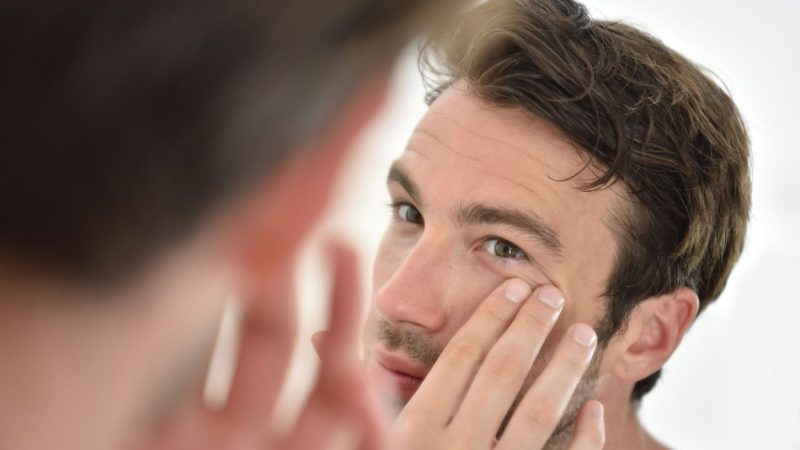
All-natural products are always better.
False. Many companies claim their products are all ‘Natural’ or ‘Organic,’ as a way of saying they are better than other products, however there is no substantiated research demonstrating these ingredients are better for skin than their synthetic counterparts. In fact, there are lots of natural ingredients that show up in skincare products that are either, carcinogenic, or an irritant and, as any skin irritation causes the skin to age prematurely, this is never a positive. And finally, when a plant of any kind is added to a skincare product and is preserved, stabilized, and mixed with other ingredients, it loses most, if not all, of its natural orientation.

All-natural ingredients are always good for your skin.
False. When it comes to food, the more natural the food the better, in fact there is even the extra benefit to be had in eating organic foods, as they are less likely to have been contaminated with fertilizers and pesticides. But not everything that grows in nature is good for you or your skin. Arsenic is a completely natural compound, found in the earth’s crust and water ways, yes 100% natural, but in the right dosage, it will still kill you. What you need to do is look for ingredients synthetic or natural that are known to be good for the skin. There are many skin care ingredients (like cocamidopropyl betaine) that are 100% natural and organic, and used widely in organic skin care products that are known skin irritants.
Sunscreens made for babies provide the most protection from harmful rays.
False. When something is marketed towards babies, there is an automatic response that this must be better for you than a regular product. Unfortunately, there are no laws around this, and using words like “for sensitive skin” or “for Baby’s” don’t need any justification to be adopted. When it comes to sunscreen use, just make sure it is the maximum SPF (50) and that you use enough to provide full protection for your skin. The ingredients in sunscreen also aren’t great for your body, so only use it when you need to and always wash it off when it is no longer needed. You are always better to stay out of the sun and cover up.

Cosmetic Products are no longer tested on animals
False. Back in the 80’s, everyone stopped testing their products on animals and issued ethical statements that said, “we do not test our products on animals”, unfortunately fast forward to 2010 when China became a big market opportunity. These same companies revised their ethical statements to read, “We do not test our products on animals, unless required to by law”. Now for the normal person, this sounds fair, as what law would require this? However this change was made specifically to allow companies sell their products in to China, where they still have a law, which requires animal testing. So any company that sells into China, does indeed test their products on animals.
The best Anti-aging skin care products have active ingredients called Peptides.
True. The latest scientific developments in anti-aging products is peptide technology. Peptides are a sequence of amino acids that can turn chemical reactions on and off in the body. They are claimed to be the answer in the future to slow down the aging process. When it comes to skin care, there are now peptides that have been developed to act like topical Botox, increase collagen production and slow down the aging process of the skin. Look for these to become more common place over the next few years, as topical transmitters allow peptides to be carried into the skin below the skin layers.
Editors' Recommendations
- It’s time to change your skincare routine: Experts reveal tips and tricks for summer
- This is the viral skincare trend dermatologists say you shouldn’t try
- Should you worry about under-beard skincare? We ask the experts
- Great skin at any age: Skincare for men in their 20s, 30s, 40s, and beyond
- The best morning skincare routine for men, according to experts



